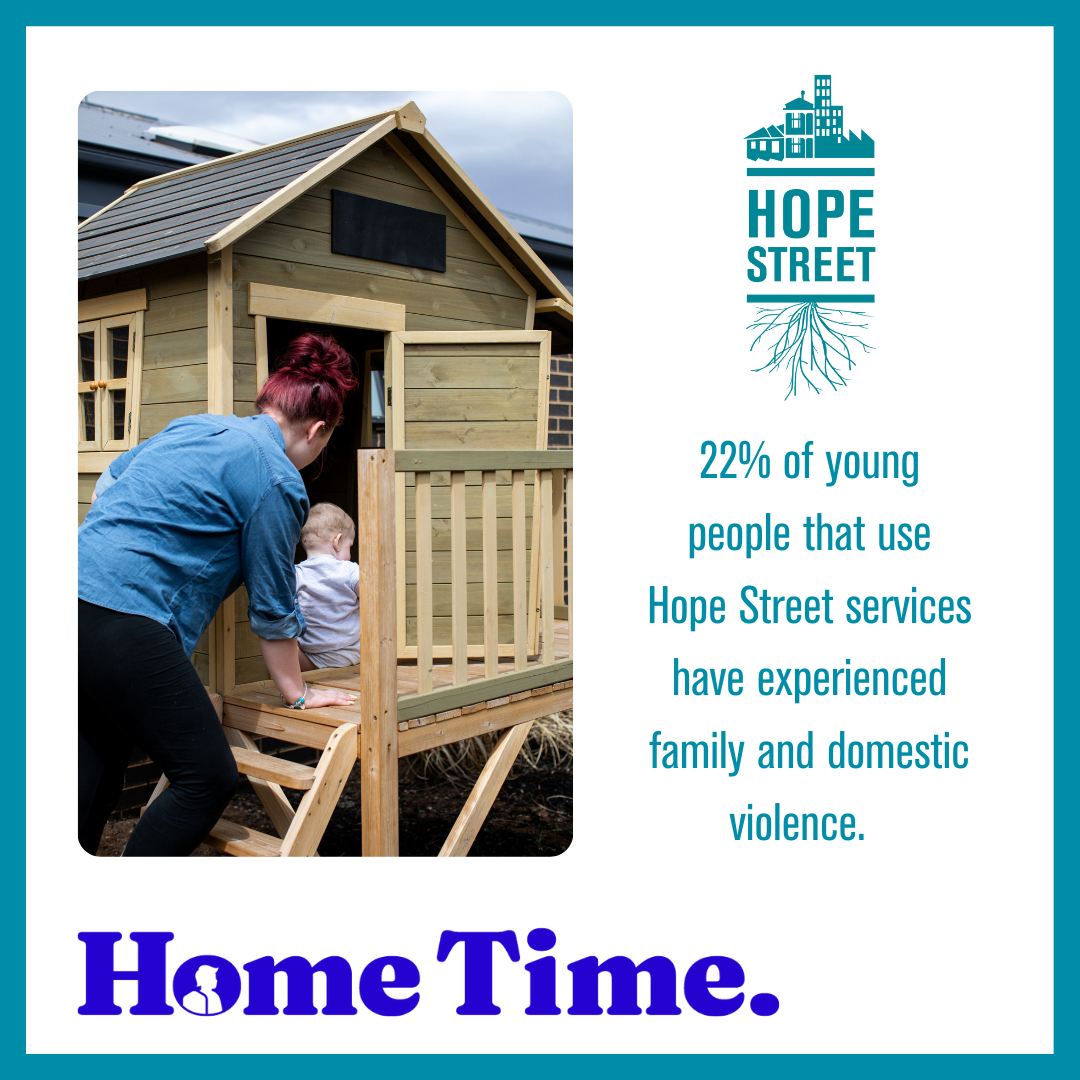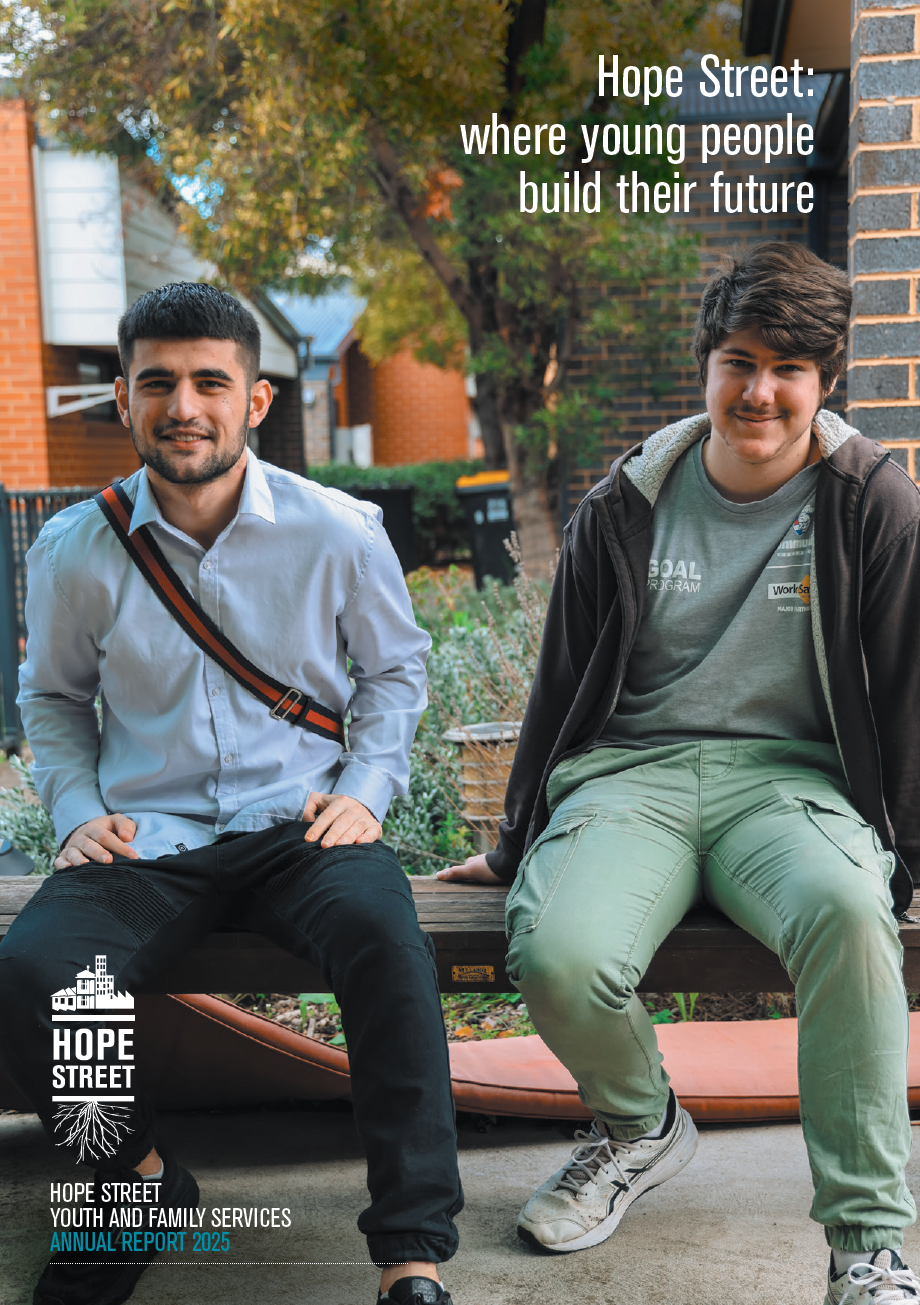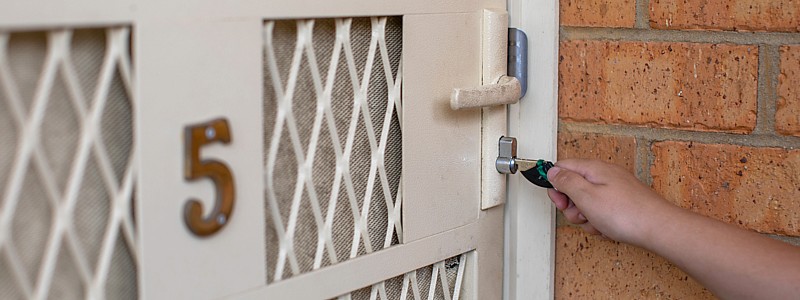Hope Street welcomes budget announcements for homelessness as part of the Home Time campaign.
Win for children and young people in budget announcement!

Hope Street Youth and Family Services welcomes the recent media release from Federal Minister for Homelessness and Housing Julie Collins on a major policy announcement for homelessness and housing. For further information, please see Government's media release, Home Time media release, AAP story or ABC story for the full rundown and reaction.
As part of the Home Time campaign, Hope Street welcomes $1 billion from the National Housing Infrastructure Facility (NHIF) being allocated to young people with no home and women and their children escaping violence. This important announcement has the potential to support young people and young families fleeing domestic and family violence and seeking frontline services at Hope Street. This important funding is set to increase the supply of social housing, of which Melbourne’s north Hope Street is a strong advocate.
As a leading youth homelessness organisation, 22% of young people that use Hope Street services have experienced family and domestic violence in the last financial year. This has a significant impact on their sense of wellbeing and sense of safety. Young people experiencing homelessness in Australia is at crisis levels. As such, these much-needed resources to respond to youth homelessness in Victoria are vital for frontline services. Hope Street’s ability to respond to domestic and family violence with wrap around, case by case support is nation leading for youth homelessness. As such, further federal funding for the sector ensures that high quality support can be offered to young people and young families in crisis. Hope Street welcomes this financial injection into social housing and homelessness services and awaits further detail on the announcement to see how it can be applied to current successful service delivery outcomes with the Hope Street model.
“New resources to deliver crisis and transitional accommodation for women and children fleeing domestic violence and young people at risk of homelessness will make a life-changing difference to each family and young person who will now have a safe home,” -Kate Colvin, Homelessness Australia.
As part of the Home Time campaign, targeting the NHIF to young people has been a major campaign ask over the past six months and Hope Street welcomes the decision. “It is time that young people be recognised as their own cohort when experiencing homelessness and fleeing domestic and family violence.” - Donna Bennett, Chief Executive Officer, Hope Street.
Donna Bennett, Hope Street Chief Executive Officer, is a long-term advocate and industry leader on the need to recognise children and young people in their own right when experiencing homelessness. Furthermore, for resources to be allocated accordingly with youth specific strategies and wrap-around support to be provided to young people and young families. “Currently only 0.4% of social housing and public housing is provided to young people, although they make up the largest cohort of homeless people in Australia. In Victoria, 25 percent of people experience homelessness are under the age of 25.”
According to the Home Time campaign, the new National Agreement on Social Housing and Homelessness (NASHH) needs to prioritise children and young people with no home and ensure that dedicated tenancies for young people are linked to support services and payments to cover the rental gap for providers.
That is the Home Time campaign’s next objective, and it will start having conversations at federal, state and territory levels immediately and will continue raising these issues in the media and with local MPs. Hope Street is committed to continue to support the Home Time campaign and to raise awareness for Hope Street’s nation leading First Response Youth Service – crisis response model as well as its youth housing foyer-like models operating in Melbourne’s north and west. As a nation leading frontline response, Hope Street has established and tested models with demonstrated success in achieving outcomes for young people in 5 domains: health and wellbeing; living skills; community connection; education, employment and training; tenancy management and budgeting. In collaboration with local and wider communities, Hope Street strives to achieve its vision of a society in which all young people and young families have a safe place to call home.













